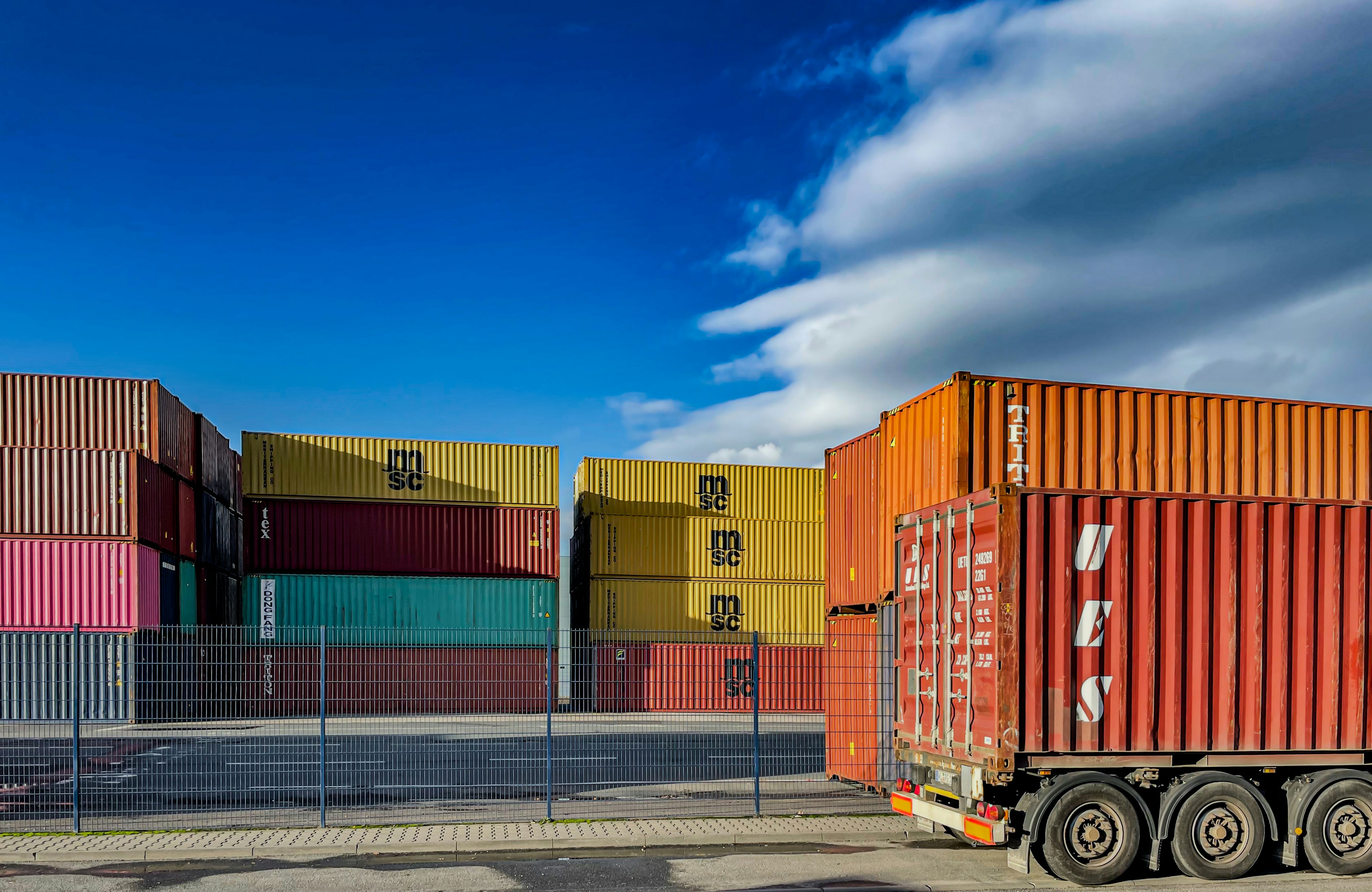
WAYS TO SAVE ON INTERNATIONAL SHIPPING TODAY.
International shipping is a vital part of global trade, but freight expenses can quickly add up if not managed carefully. Whether you’re an importer, exporter, or e-commerce business, controlling shipping costs is crucial for profitability and competitiveness.
Here are 10 practical tips to help you optimize your shipping process and reduce international freight expenses—while maintaining service quality and reliability:
- Optimize Your Packaging: Shipping charges are often calculated based on dimensional weight (volume and size), not just the actual weight of your cargo. Using oversized packaging increases your freight costs unnecessarily.
Best practice: Use packaging that fits your products snugly, minimizing empty space and avoiding irregular shapes that could trigger extra fees. - Consolidate Shipments: Consolidating multiple smaller shipments into one larger load can significantly reduce per-unit shipping costs. This is especially effective when using Less than Container Load (LCL) or consolidated air freight services.
Benefits include fewer customs clearances, lower handling fees, and better space utilization. - Select Appropriate Incoterms: Choosing the right Incoterms (International Commercial Terms) clarifies responsibilities for shipping, insurance, and customs duties. Selecting terms that give you control over freight and clearance allows you to negotiate better rates and avoid unexpected costs.
Common Incoterms to consider include FOB, EXW, CIF, and DDP. - Ensure Accurate Documentation: Incorrect or incomplete documentation leads to customs delays, fines, and added storage costs. Work with experienced freight forwarders to verify your commercial invoices, packing lists, bills of lading, and certificates of origin comply with import/export regulations.
- Leverage Free Trade Agreements (FTAs): Many countries maintain FTAs that reduce or eliminate customs duties on qualifying goods. Understanding and applying these agreements can lower your import taxes significantly.
- Choose the Most Cost-Effective Mode of Transport: Not all shipments require air freight. Depending on urgency, consider sea freight or multimodal transport options to balance cost and delivery time.
Sea freight is ideal for bulk or non-urgent shipments, while air freight suits high-value or time-sensitive cargo. - Partner with a Professional Freight Forwarder: Experienced freight forwarders like Royal Cargo LLC offer competitive rates, optimize routes, handle consolidation, and manage customs clearance efficiently. Their expertise helps you avoid hidden costs and streamline your supply chain.
- Utilize Free Zones and Transit Facilities: Regions such as the UAE’s Free Zones (e.g., JAFZA) allow storage of goods without immediate duty payment. This can improve cash flow and reduce upfront costs for importers.
- Plan Shipments in Advance: Booking shipments early helps you avoid peak-season surcharges and last-minute freight rate spikes. Proper forecasting and scheduling secure space and better pricing.
- Regularly Audit Shipping Invoices: Billing errors happen. Regularly reviewing your freight invoices ensures you’re not overpaying for fuel surcharges, dimensional weight, or additional handling fees.
Conclusion
Reducing international shipping costs requires a combination of smart operational decisions and trusted logistics partnerships. At Royal Cargo LLC, we support businesses with tailored freight forwarding solutions that balance cost, speed, and reliability.
Contact Royal Cargo LLC for expert guidance and competitive freight solutions tailored to your needs.



